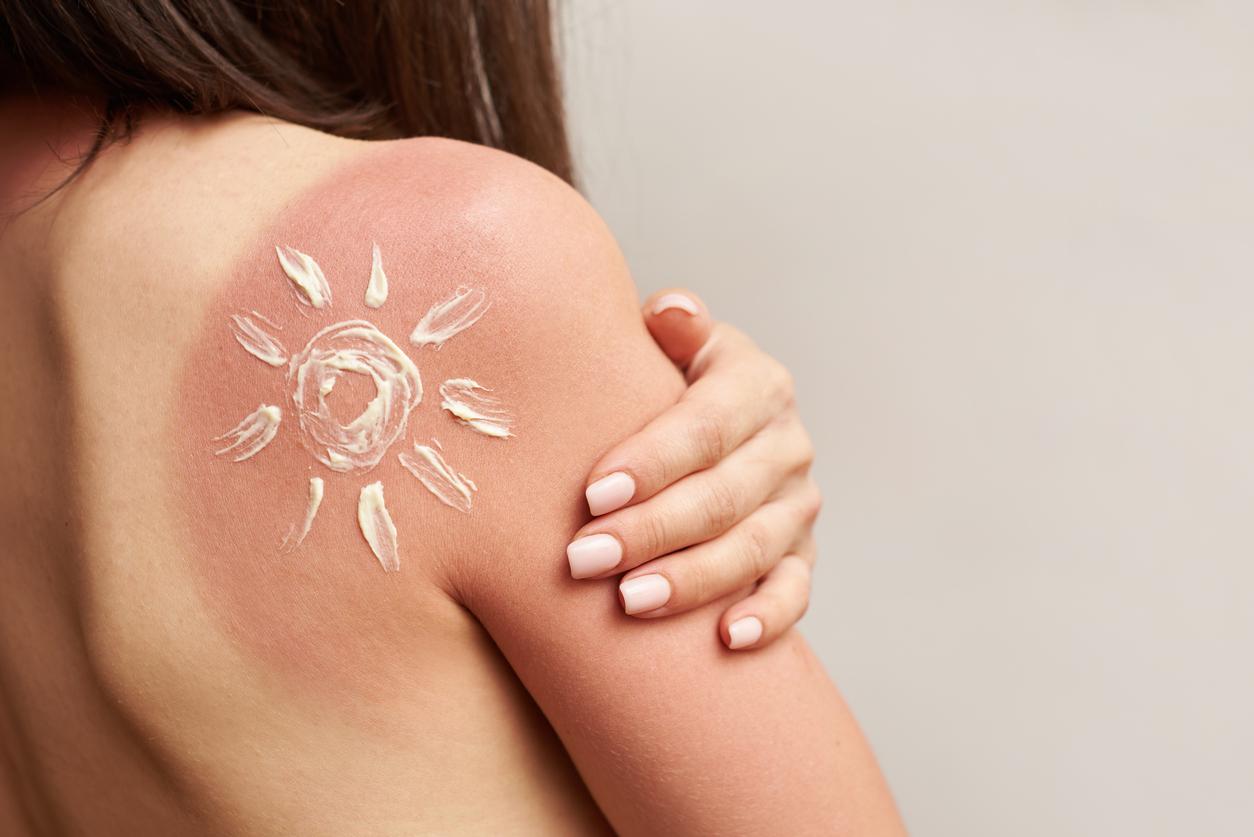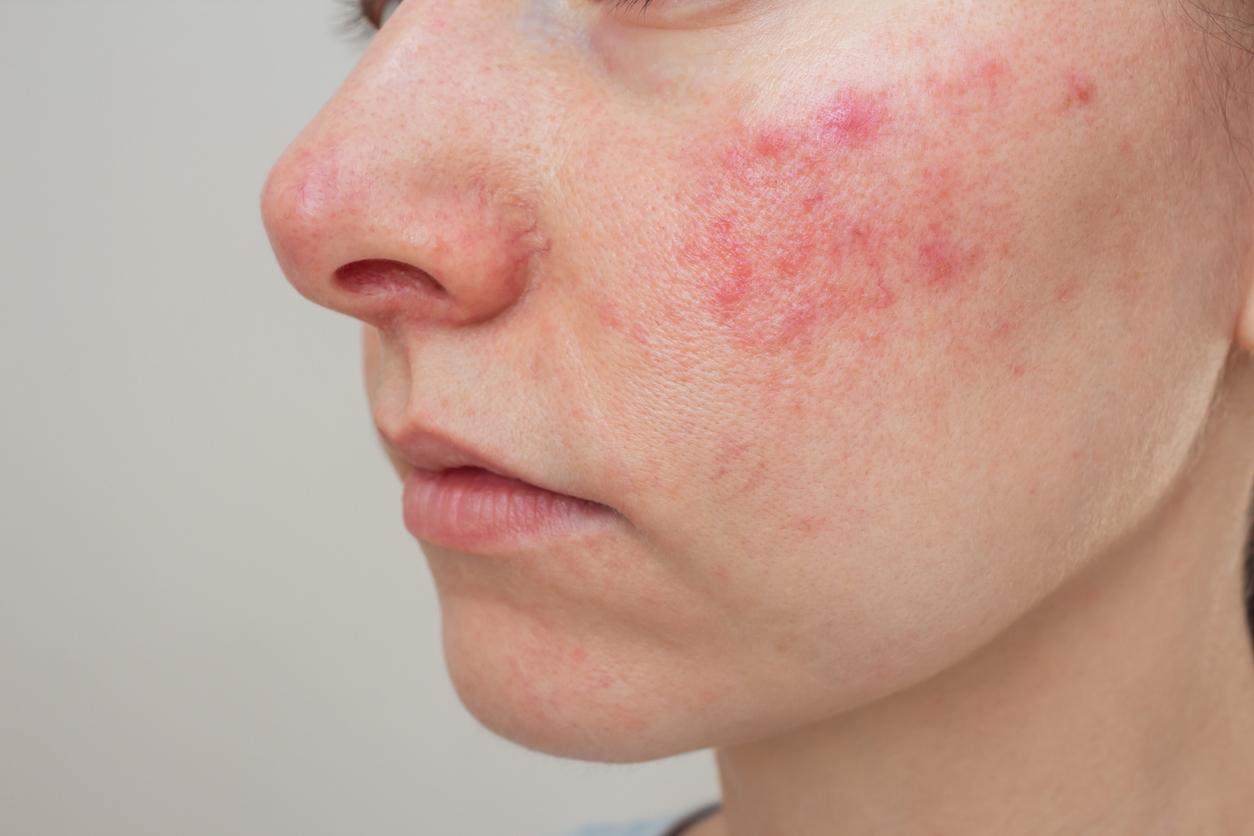A recent study links excessive sweating to sensitive skin.

- People with hyperhidrosis, or excess sweating, are more likely to have sensitive skin.
- Sensitivity, which increases depending on the severity of the excessive sweating, often extends beyond the areas that sweat excessively.
- The authors believe that abnormal nerve signals related to sweating may be involved.
While everyone sweats, in some people the secretion and elimination of sweat through the pores of the skin is too much even when they are not exposed to high temperatures or exercising. It has a name: hyperhidrosis or excessive sweating. This disorder, caused by aberrant cholinergic signaling, can be generalized (i.e. affecting the entire body) or localized in the armpits, palms of the hands and soles of the feet.
Hyperhidrosis: 89% of patients who sweat excessively have sensitive skin
“Sensitive skin is a condition of subjective skin hyperreactivity to innocuous stimuli, which affects 40 to 70% of the population,” indicated researchers from George Washington University (United States). With sensitive skin, itching, burning and tightness may occur when patients are exposed to heat, sweat, skin care products and stress. “This suggests that cholinergic stimulation may contribute to skin breakouts.” To find out, scientists carried out a study published in the journal Journal of the Drugs and Dermatology.
To carry out the work, the team asked 637 people with hyperhidrosis to answer a questionnaire about their skin. Then she used machine learning models to examine the survey data. According to the results, 89% of patients reported having sensitive skin, particularly after using products marketed for sensitive skin. “There was a significant association between oversweating and sensitive skin severity scores. It is important to note that skin overreaction occurred at body sites affected and unaffected by excessive sweating,” the authors clarified. This shows that sweating is not the cause of their skin sensitivity.
Sensitive skin: abnormal nerve signals linked to sweating in question?
Researchers suspect the link is more complex. They hypothesize that abnormal nerve signals related to sweating may be involved. “This new knowledge could help prepare dermatologists to better collaborate with their patients, educate, identify and manage sensitive skin in adults with excessive sweating, and highlight common disease mechanisms that may help to facilitate new treatment approaches”, concluded Adam Friedmanwho led the research.

















